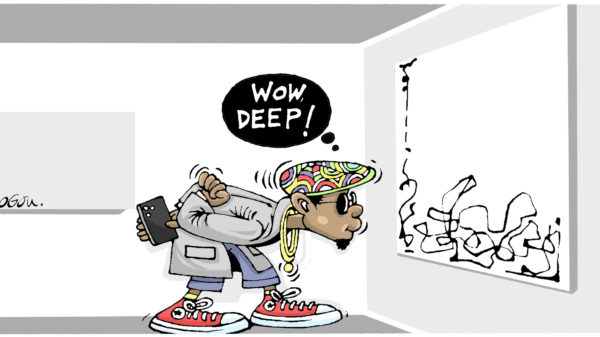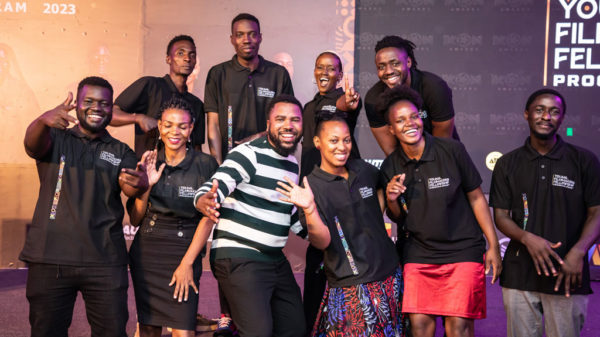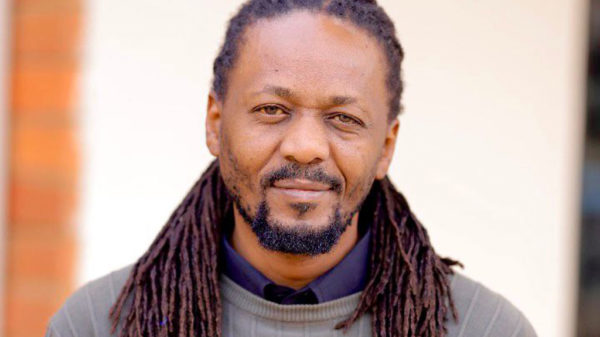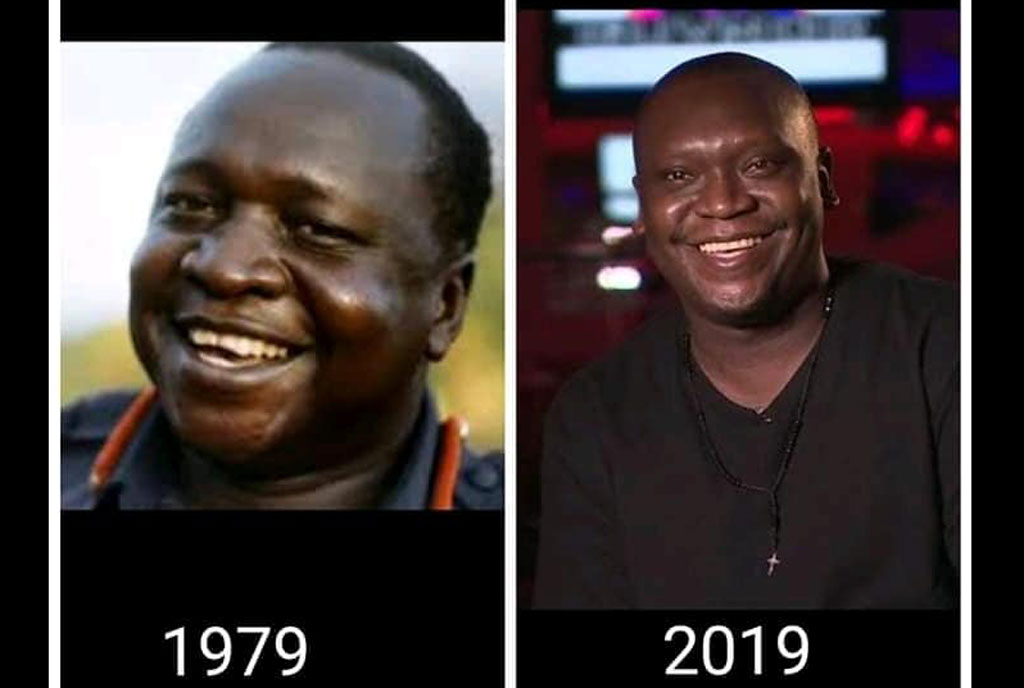Technology consultant Kate O’Neill, last week cast fear among Facebook users with her suggestion that the data mined from the 10-Year Challenge could be used against us. She said its possible age progression recognition technology would be used in health care and health insurance assessments. “For example, if you seem to be aging faster than your cohorts, perhaps you’re not a very good insurance risk. You may pay more or be denied coverage.” She argued that the negative ramifications of sharing our data is a very real possibility, pointing to past incidents — such as when data for as many as 87 million Facebook users was “improperly shared” with Cambridge Analytica, a data analytics firm used by the Trump campaign in 2016. Some have dismissed O’Neill’s warnings, she said, arguing that many of the photos posted in the challenge were already available online anyway. But, O’Neill pushed back on this dismissal, pointing out that participating in the challenge helps to verify and curate the data.
What can go wrong
Businge Gerald, Digital Security expert, Ultimate Multimedia Consult says depending on which information is shared, the individual becomes a product whom sellers target with any message or take advantage of. In the worst-case scenario, the shared information can lead to one losing their privacy and getting disadvantaged on based on say their beliefs, status, interests, habits or location.
Penelope Sanyu, team leader Femme Forte Uganda, says she is usually reluctant to join such challanges because of the far reaching effects of sharing such information online.
“I am not one to quickly jump at challenges and this particular one was so inviting. The images were funny and of course brought back very fond memories. However, I am very skeptical about the internet because as much as we try to act like it is okay to upload everything and anything, tech is not really our friend. So I chose not to participate not out of fear but rather out of precaution,” she shares.
Yusuf Opad, a software developer at True African, emphasises that the victim is exposed to identity theft; if one gets hold of your credit card, they can authorise payment especially if you are reckless enough to disclose your bank details.
How to protect information
“It is advisable to resist sharing personal information; if you do not want to be figured out on your social networks. It is vital to carefully select your privacy settings in ways that will protect you. One also has to be careful and avoid signing up for applications that ask for access to their account information,” Businge advises.
Opad advises on some of the ways to execute cyber protection by constantly changing security authentication codes like passwords, Personal Identification Numbers (PINs), changing the reset and security questions and answers used to open on your emails.
Other digital security measures to jot down include encrypting phone conversations with end-to-end user via Whatsapp, avoiding using public WiFi while accessing the Internet, be cautious to limit what your Apps can have access to by managing your applications permissions; to areas of camera, gallery, contacts, location and messages.
Also limit usage of easy to find passwords such as your names or children or dates of birth, and always delete history from the browsers settings, especially while using public computers. Lastly always use protected URL links: hyper texted transfer server (https) and not http for any website.
To retrieve information
“In case there has been a breach in terms of sharing someone’s personal information that should not be shared, the party trusted with the information must do all possible ways to restore integrity and protection of an individual’s information. All personal information shared with your social media accounts is visible as per your account settings on what should be visible to whom. The challenge is that many people do not take time to change their privacy settings to ensure your desired level of protection is key,” notes Opad. He believes once information is shared, it cannot be retrieved, since the victim has no authority to do that.





























































